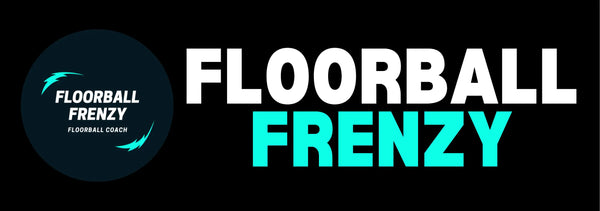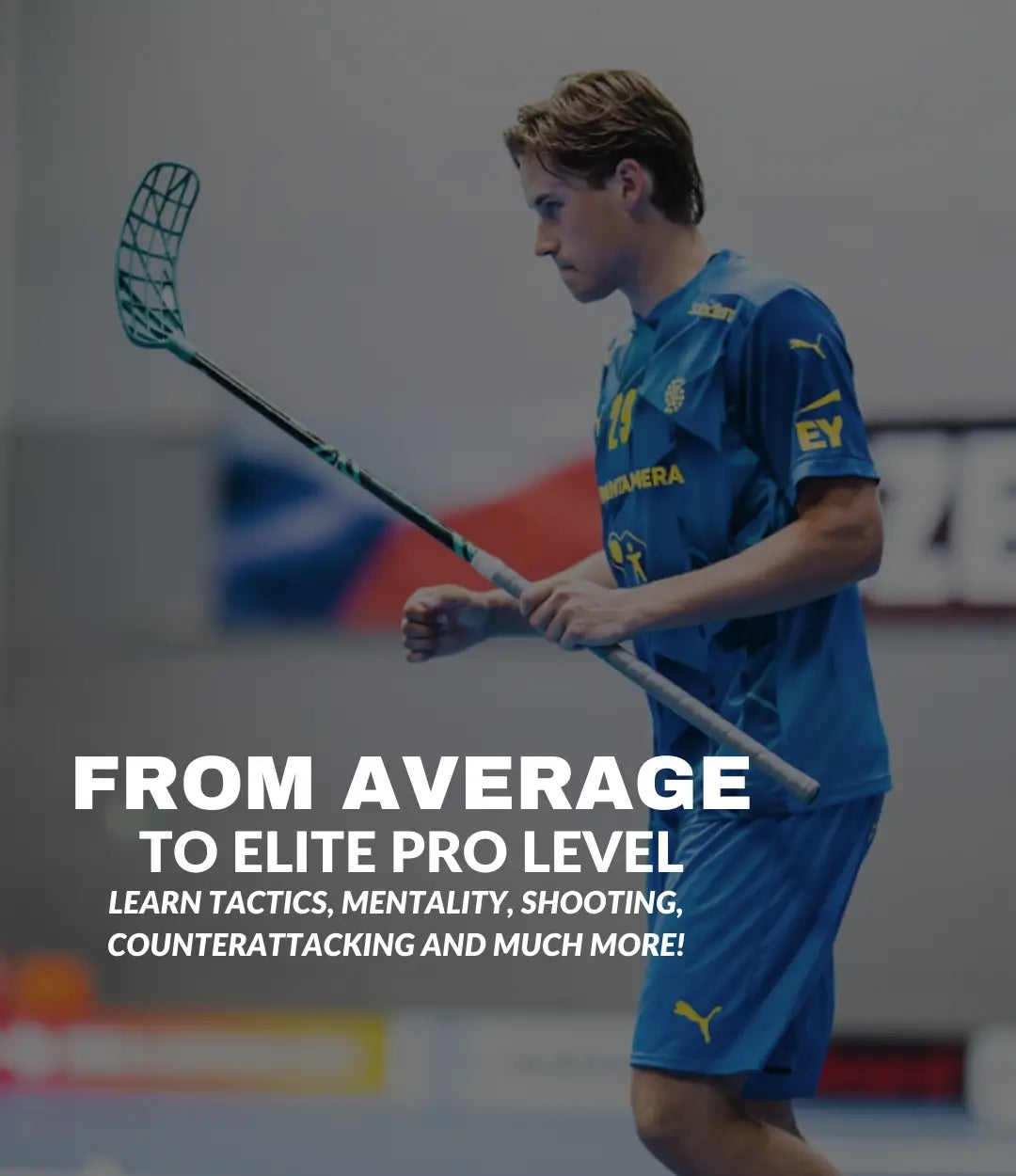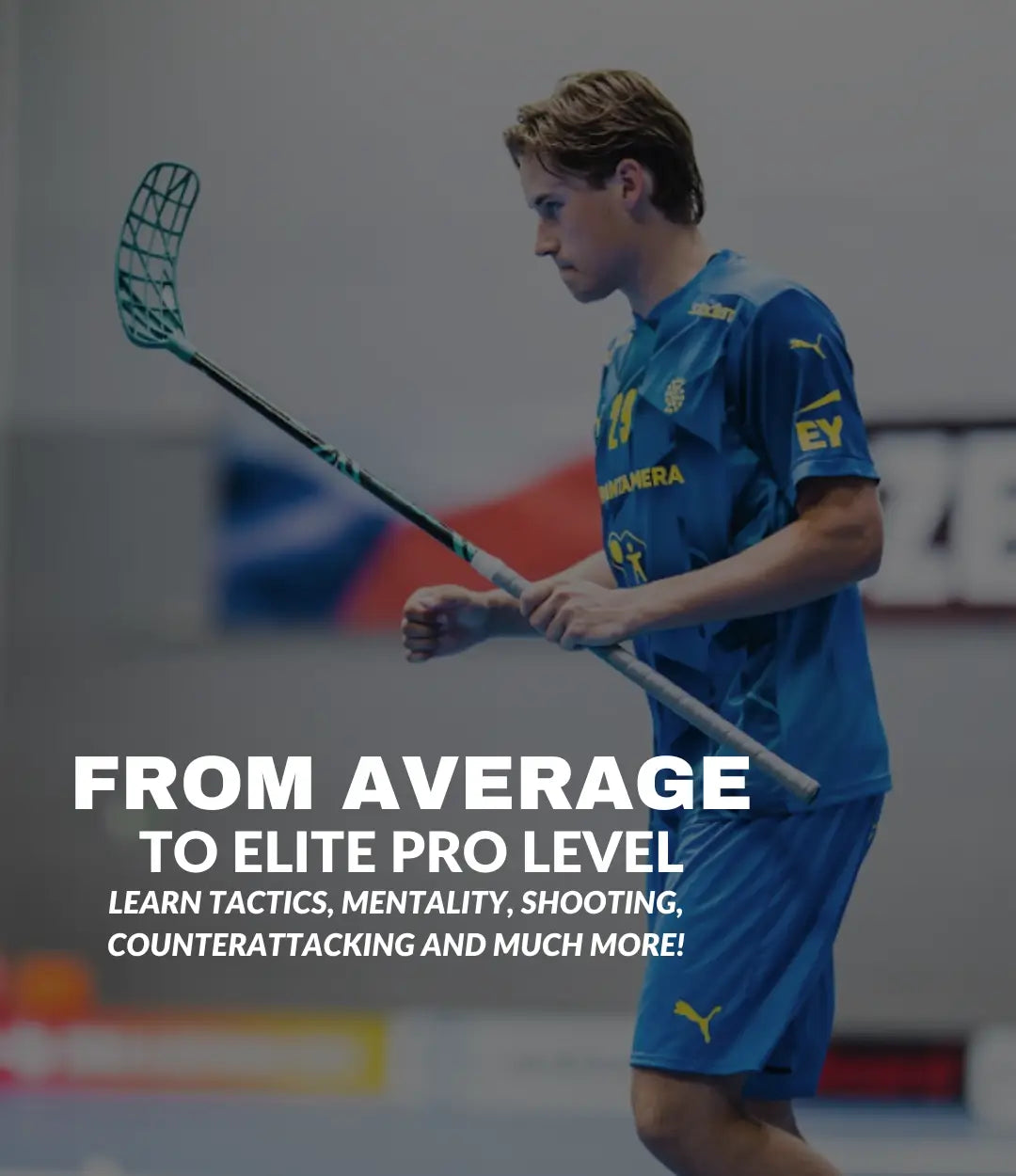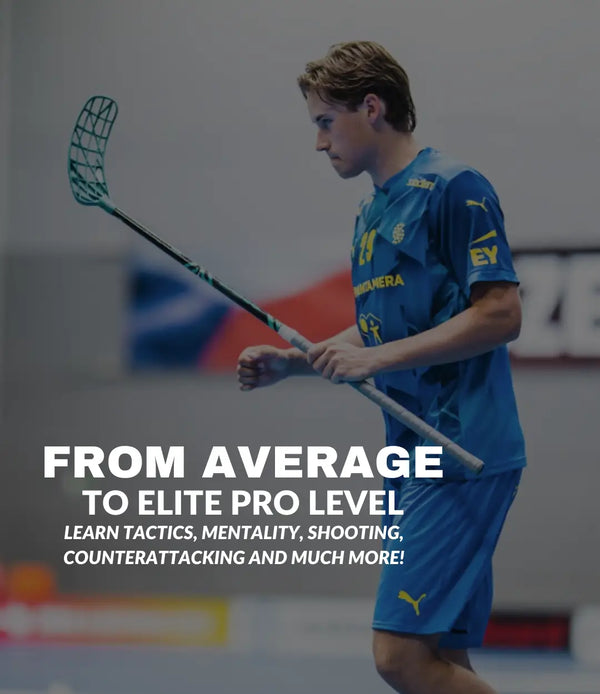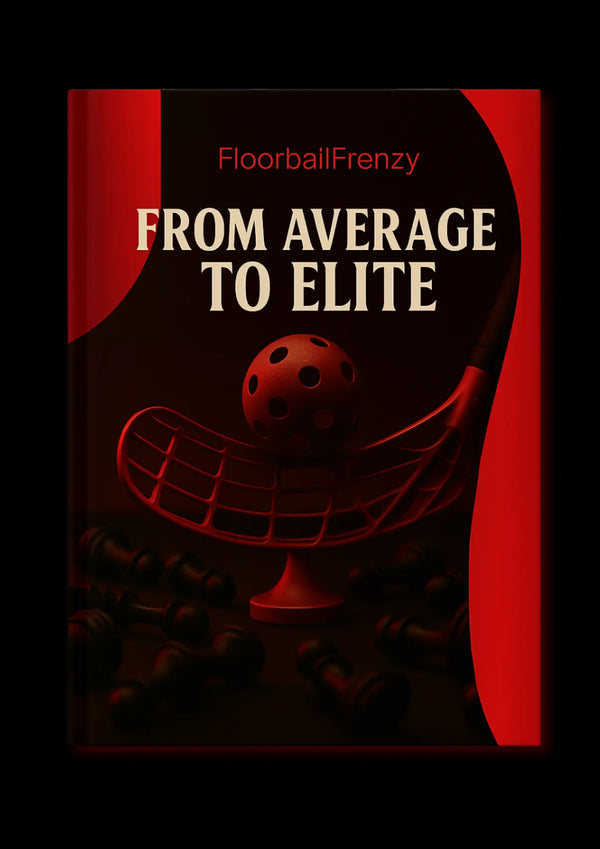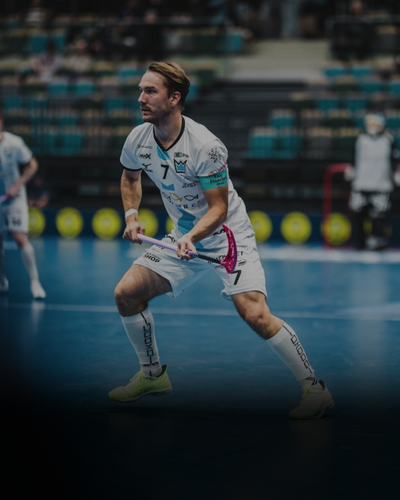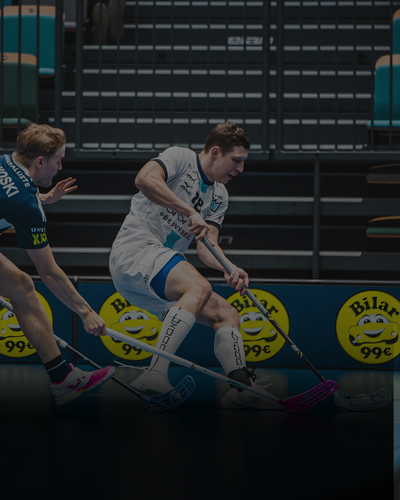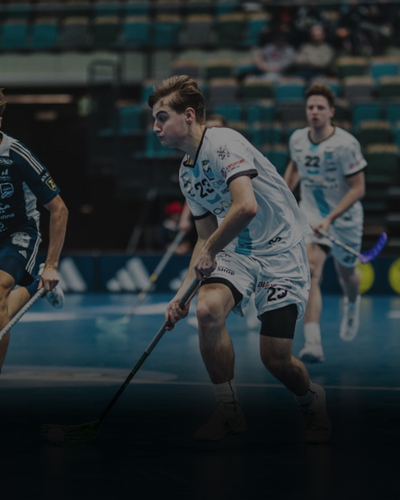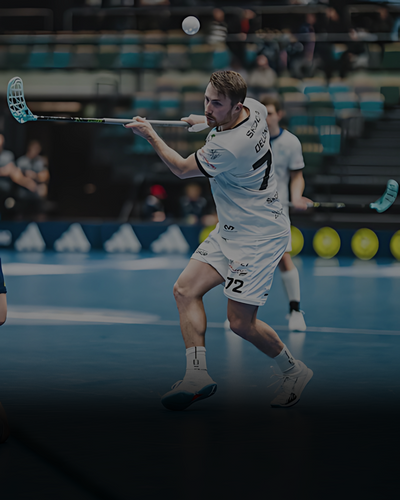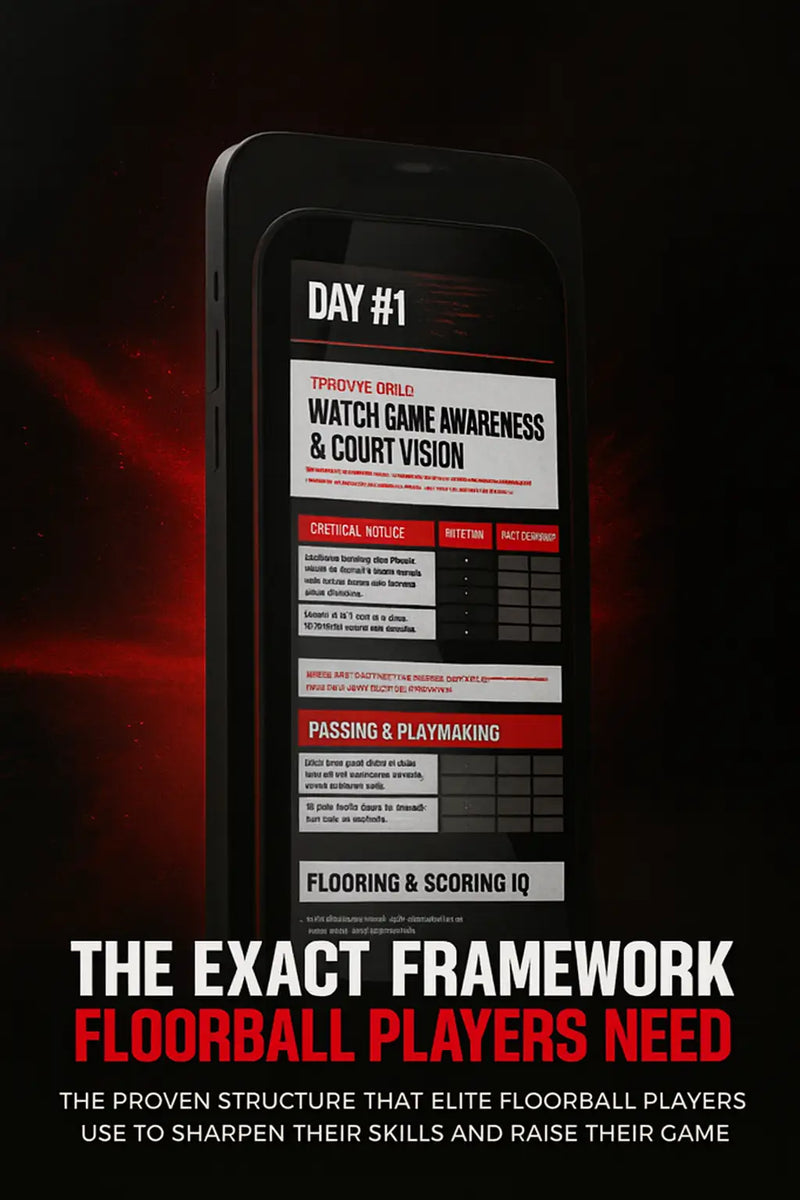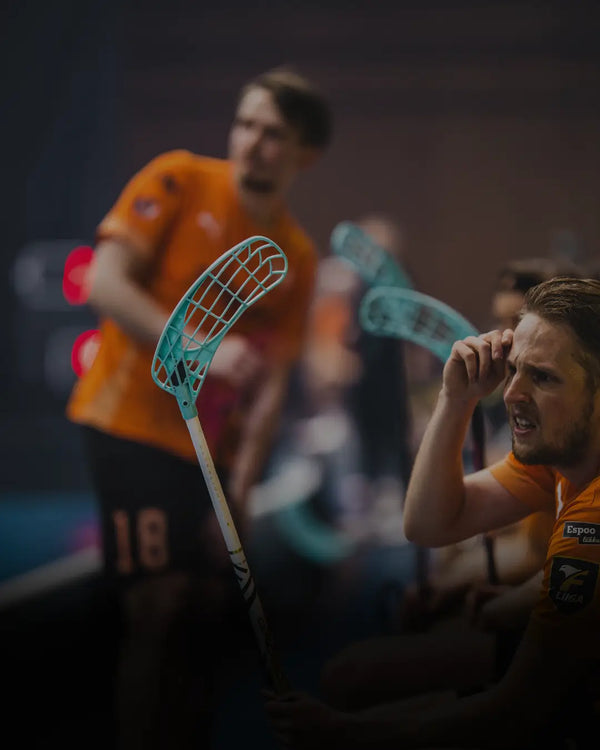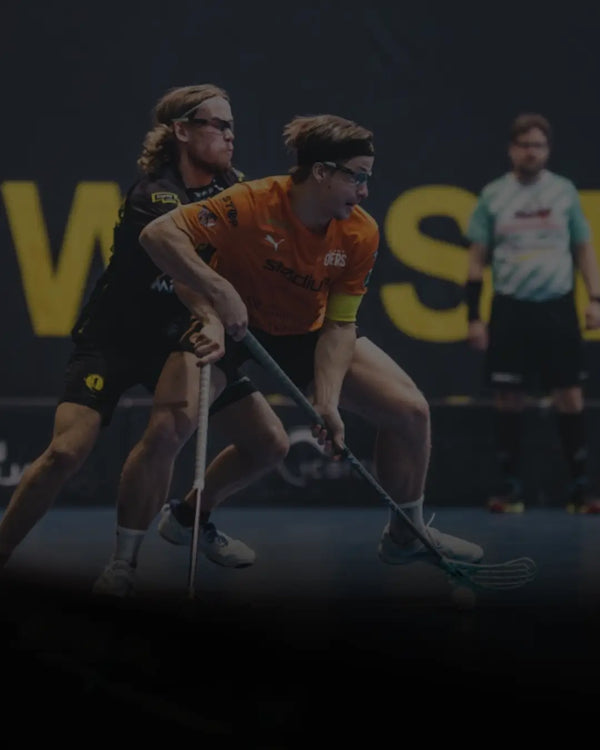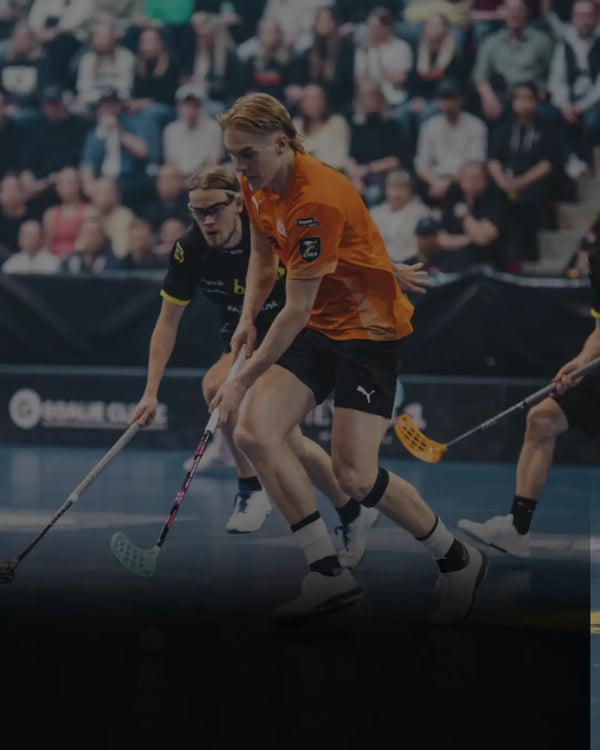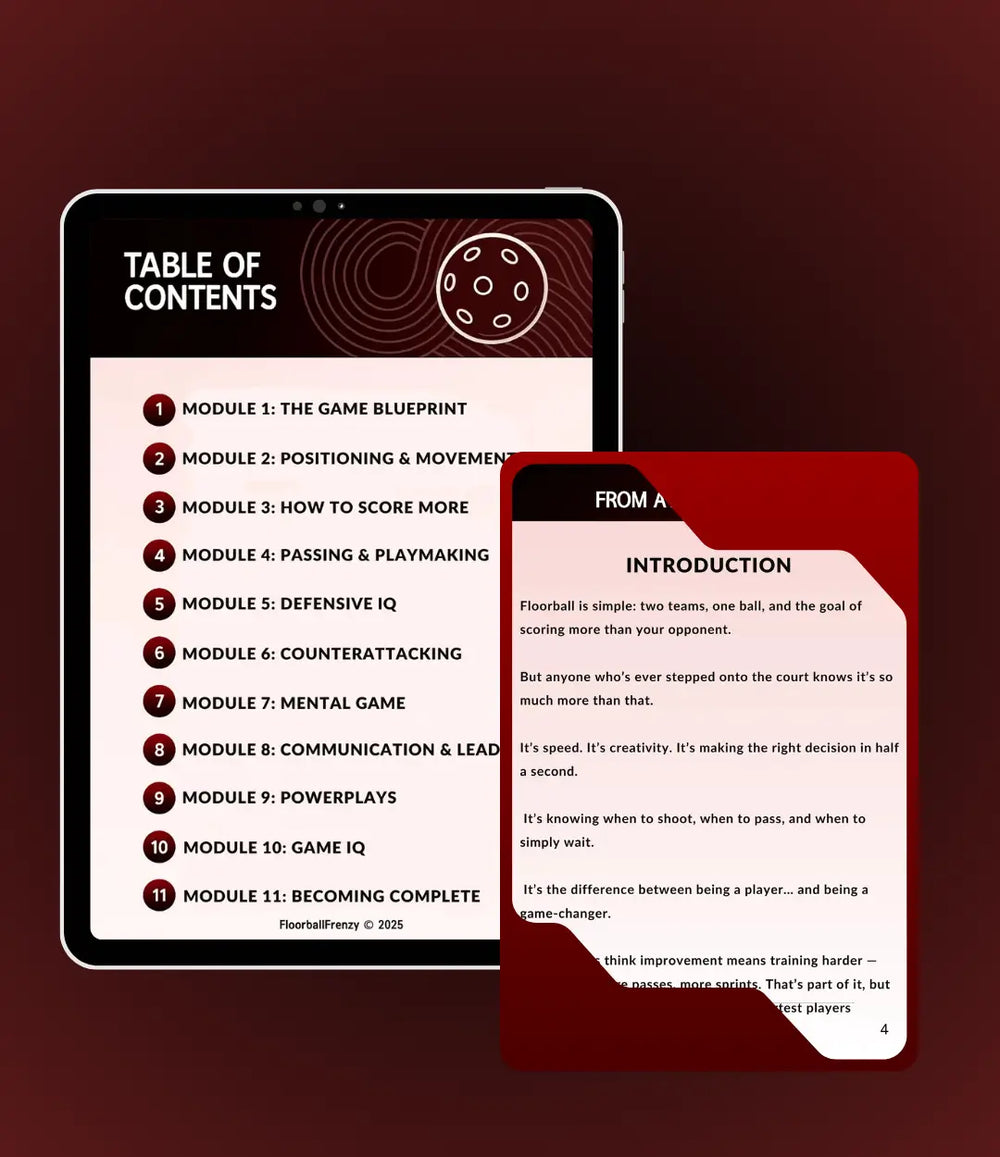Have you ever felt like you’re doing the right things in practice and games, but something’s still holding you back from reaching the next level?
That was the story for Markus, one of the first players who came to me for help.
He had just finished his second season in Finland’s top junior league. He was consistent, reliable, and one of the team’s leading scorers.
But here was the problem: no scouts called. No senior-level offers. No invites to national camps.
He had the numbers on paper, but he wasn’t standing out.
Markus wasn’t flashy. He wasn’t the kind of player who pulled highlight-reel moves or made people gasp with speed. He was a solid, dependable guy who made the right plays, but he lacked that extra dimension coaches look for.
He admitted to me:
“I feel like I’m as good as the guys getting called up. But when scouts watch me, I don’t grab their attention. I don’t know what I’m missing, and it’s frustrating.”
This is a common story in floorball. Many players train endlessly on fitness, shooting, and stickhandling — yet the ones who advance are often those with superior game sense, positioning, and decision-making.
When Markus got honest feedback from his coach, it was clear:
“You’re a very good player, but at the higher level it’s a tactical game. Coaches want players who think faster, who anticipate, who know where to be before anyone else. That’s the gap in your game.”
This stung — but it was also the key insight.
Markus didn’t need more drills. He needed to understand the theory of floorball: spacing, tactical roles, timing, and how to use intelligence to dominate against faster or more skilled opponents.
So I gave him a roadmap — not a workout plan, but a study system. He committed to 12 weeks of learning the deeper side of floorball:
- Game sense training: Breaking down match footage to recognize patterns, anticipate plays, and read the game one step ahead.
- Positional theory: Understanding spacing, off-ball movement, and how to create options that make you impossible to ignore.
- Decision-making under pressure: Drills and scenarios (mental, not physical) that train your ability to stay calm and choose the best play instantly.
- Tactical awareness: How coaches and scouts think about systems — and how to fit into them while still standing out.
- Confidence and mentality: How to play without hesitation, show leadership, and project presence that gets noticed.
Each week, he felt his game elevate. His teammates started asking how he was always “in the right place.” His coaches noticed how much more impactful he was, even without changing his physical speed or skill.
By mid-season, everything shifted. Scouts who had overlooked him were now asking about him. He wasn’t just producing points — he was controlling the game.
By Christmas, Markus had firm offers to move up a division. By the end of the season, he had signed with his dream club.
And the most important part? He told me:
“I didn’t get faster or stronger. I just got smarter. I finally understood the game at a higher level — and that’s what opened the doors.”
After Markus’s success, more of his teammates asked for the exact same process. Word spread to players at other clubs. Soon, dozens of junior and semi-pro players across Europe were asking for the same system.
That’s when I knew I had to take everything I was teaching and put it into one resource that any player, anywhere in the world, could use.
That’s how the eBook “From Average To Elite” was created.
Since then, it’s been used by players at every level — from ambitious juniors who want to break into the starting lineup, to senior players looking to extend their careers by playing smarter, not harder.
The truth is simple: in modern floorball, knowledge is power. Physical training can take you far, but it’s the players who think the game that rise to the top.
This eBook will give you that advantage.
If you want to stop wondering why others get the opportunities while you don’t — and start learning the theory, tactics, and mindset that make scouts and coaches take notice — then it’s time to dive in.
The game is faster than ever. The opportunities are there. But only for players who can see the game differently.
That’s exactly what this book will teach you.
